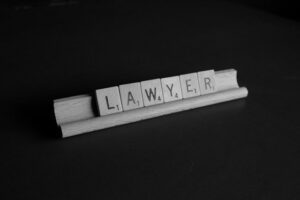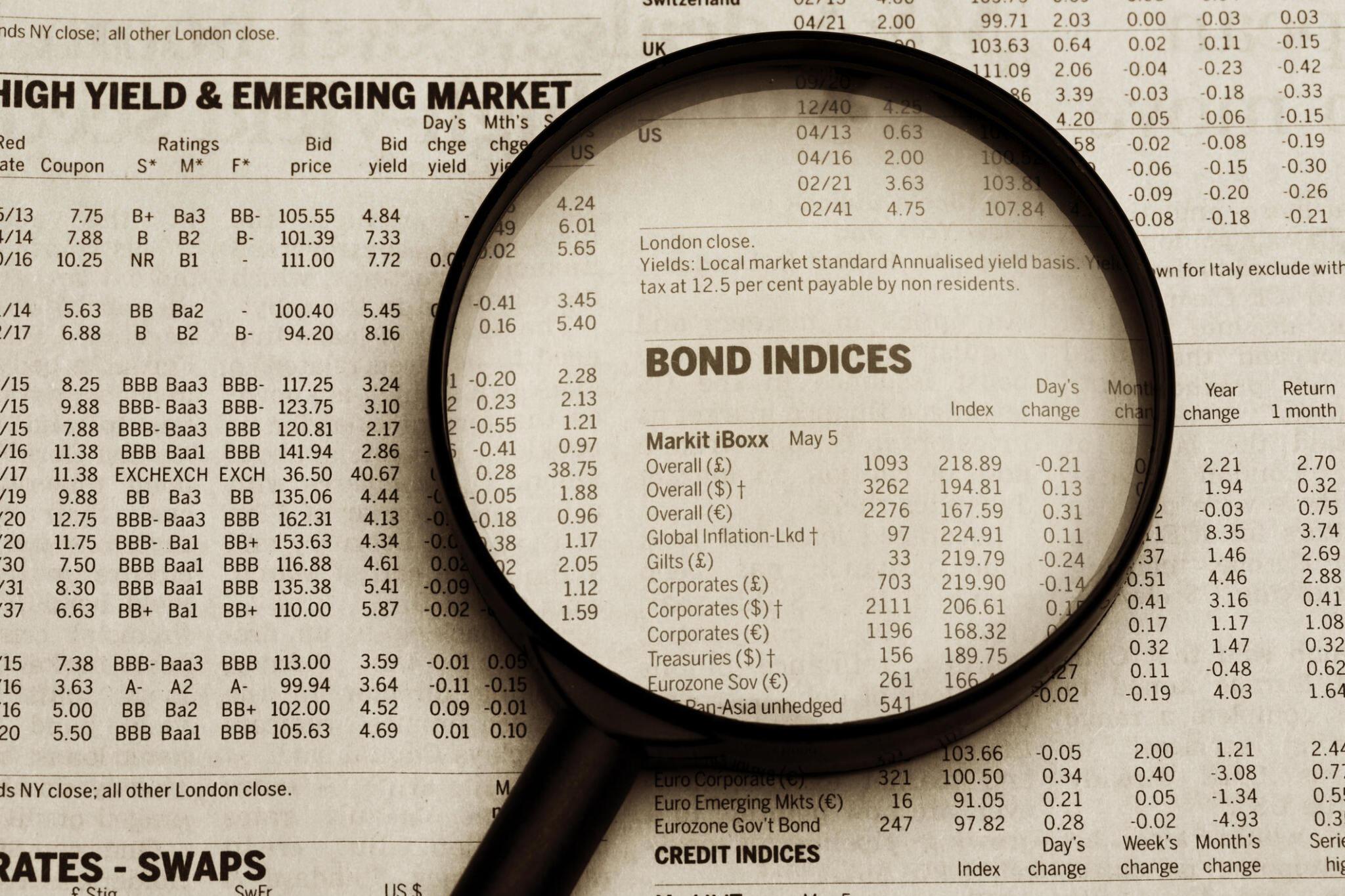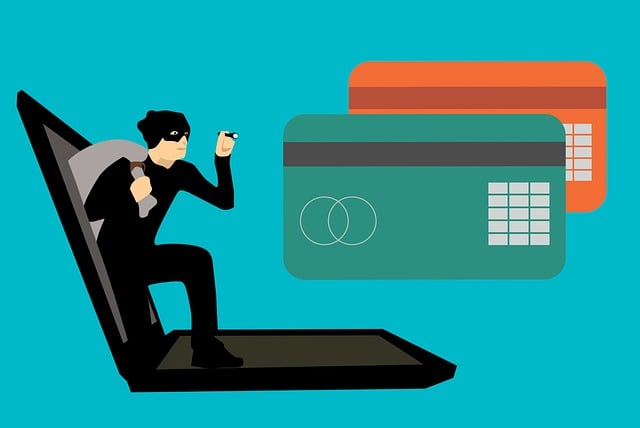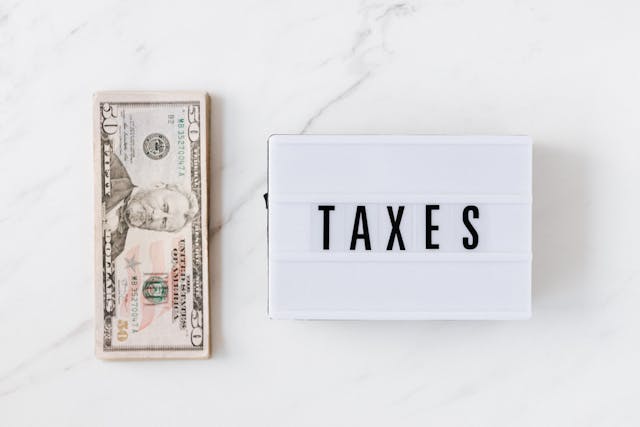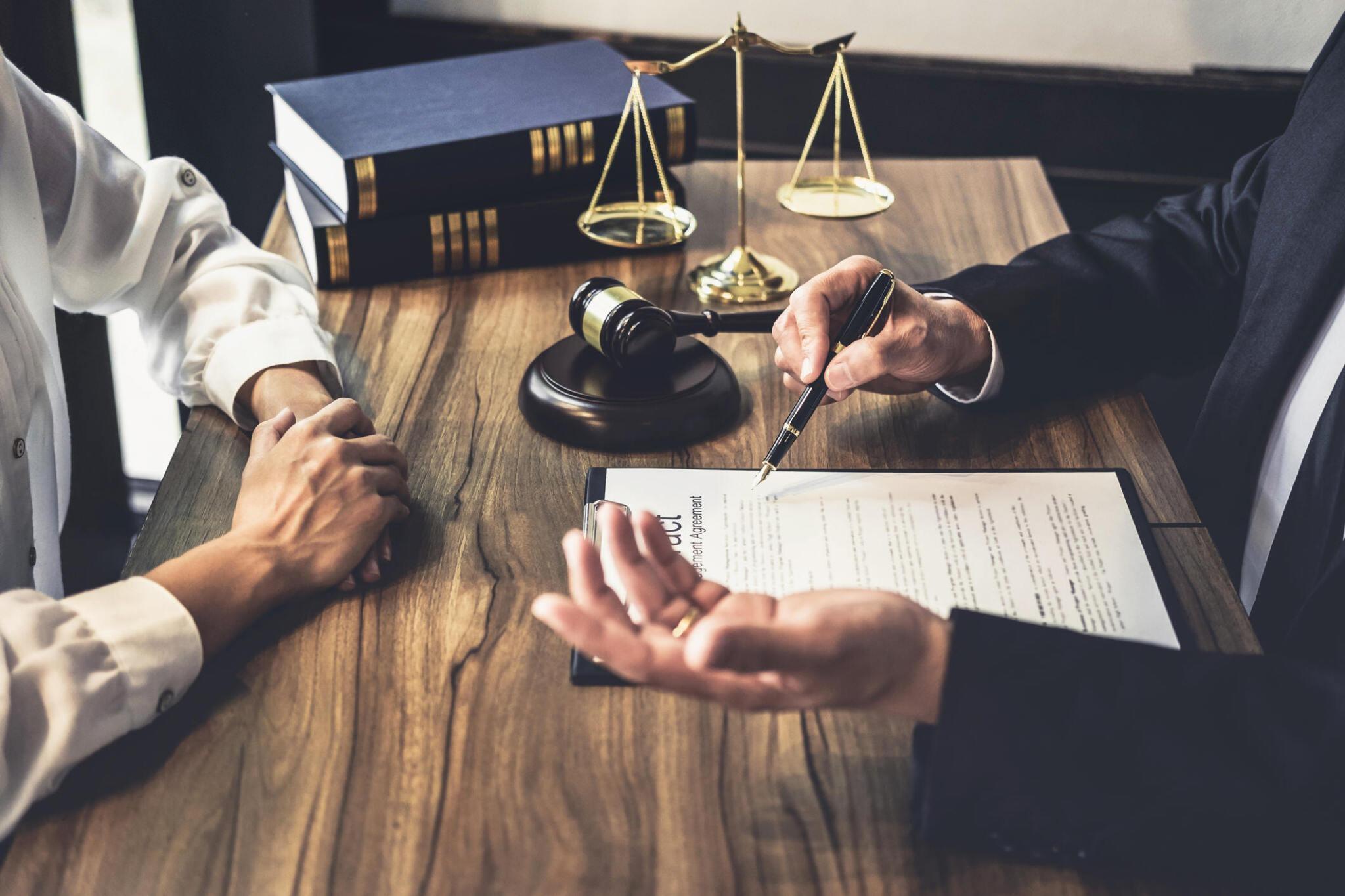
A legal consultation is an initial meeting between an attorney and a prospective client. These meetings help clients determine if a lawyer is a good fit for their specific needs.
Attorneys also use consultations to evaluate your case and determine if they can competently represent you. It’s important to schedule a free legal consultation with top lawyers in Anchorage to make informed choices about your legal matter.

Legal Consultation Explained
Everyone has a right to legal representation, regardless of class or status. This ensures all people have access to fair justice.
Hiring legal services at the initial stages of your case improves your chances of winning the case. That said, you should consult an attorney when preparing for a court date.
Legal consultations are client-attorney meetings to discuss the facts of a legal matter and determine the possibility of forging a working relationship. There’s no guarantee that the lawyer will be hired—hiring is subject to how the meeting turns out.
What is Discussed at a Legal Consultation?
Different people seek legal counsel for different reasons. That said, the subject matter of a legal consultation can vary by case. However, here’s what’s discussed in initial legal consultations:
Litigation Costs
Litigation costs refer to legal fees or your financial investment in your case. Attorneys work on a contingency fee, a flat fee, or an hourly fee basis.
A contingency fee basis is where the client only pays after a successful case. A flat rate fee basis is where the client pays a predetermined rate regardless of the outcome of their case.
For hourly rates, clients are charged a specific rate per hour—the total fee is calculated by multiplying the number of hours dedicated to your case and the hourly rate. It is important to the attorney’s fee arrangement before signing a contract.
Legal Claims and Facts
The legal facts and claims of your case are arguably the most important things to discuss in an initial legal consultation. The attorney-client privilege allows potential clients to exchange or share information with lawyers in confidence.

It’s imperative to share the details of your case to the best of your knowledge. Lying, exaggerating, or omitting some facts or details of your case can attract adverse legal consequences like criminal sanctions or hefty civil penalties.
After this initial meeting, the client decides if the lawyer is a good fit for the role. A contract will then be written and signed by both parties once the lawyer is hired.
Relevant Documents for Legal Consultations
You must prepare for an initial meeting with a lawyer to get the most out of that meeting. That said, you’ll have to carry along any document or pieces of evidence relevant to your case. The lawyer will need documents to make informed decisions.
These documents can provide insights into the strengths and weaknesses of your case and help the lawyer develop an ideal resolution strategy. The relevant documents for a legal consultation can include:
Business Agreements
Contract documents are needed in claims arising from business disputes. The lawyer will review the terms and conditions of a contract and recommend the best course of action.
The common disputes related to contracts involve a breach of contract, which arises when either party fails to meet their end of the bargain. Aggrieved parties can exit the contract or resolve the issue as per the terms of the contract.
Police or Accident Reports
Evidence is required to prove the liability of the party responsible for your loss—property damage or physical injuries. Allowable evidence for personal injury claims includes accident reports, which are provided by the police. Accident reports are also known as police reports.
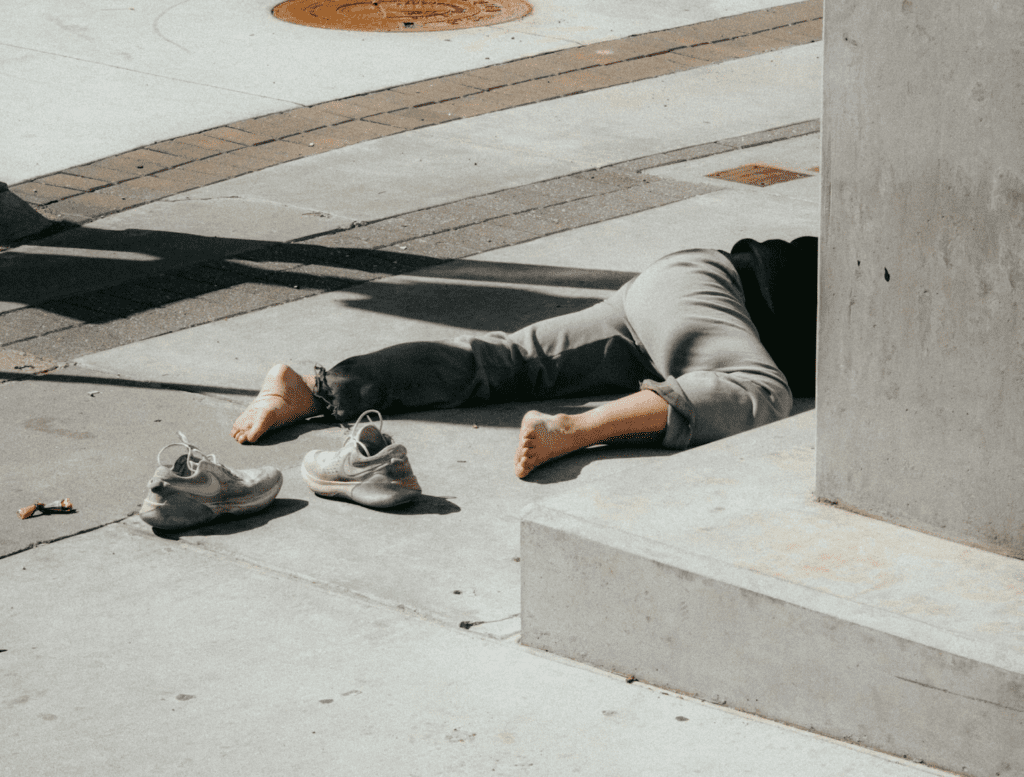
Courts typically use police reports as primary references in personal injury claims. The lawyer will review the accident report to fully understand the facts surrounding your case and prepare for the case based on the accident report. You can search for a Tampa car accident attorney to prepare accident reports.
Property Deeds
A property deed is a legal document used to transfer property ownership (title) between transacting parties. Property deeds are signed by sellers or grantors. Buyers are called grantees.
Property deeds should be carried along if your case involves a property dispute. The lawyer will review the terms and conditions of this document to determine if you have a case or not.
Employment Records
The client should bring employment records or documents if the claim is an employment dispute. Employment records can include employment contracts or agreements, timesheets, or any documents related to employment.

Common employment disputes are typically related to remuneration, employee misclassification, wrongful terminations, and more. The lawyer will assess your employment records to determine the ideal recovery strategy.
Other Documents
Other important documents to carry include any documents that can provide evidence of damages. These documents can include:
- Medical records;
- Medical bills;
- Sales agreements;
- Warranties, or
- Letters drafted by the party you are suing.
Scheduling a legal consultation is important before hiring legal representation. It’s the best place to determine if a lawyer has what it takes to handle your case.
